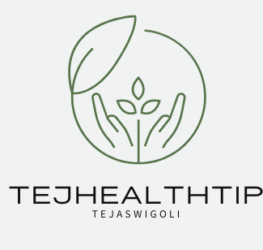Mindfulness and meditation effect on health
The Impact of Mindfulness and Meditation effect on Health Mindfulness and meditation have become essential practices for promoting overall well-being. Research shows that these practices can significantly impact mental, emotional, and physical health.

